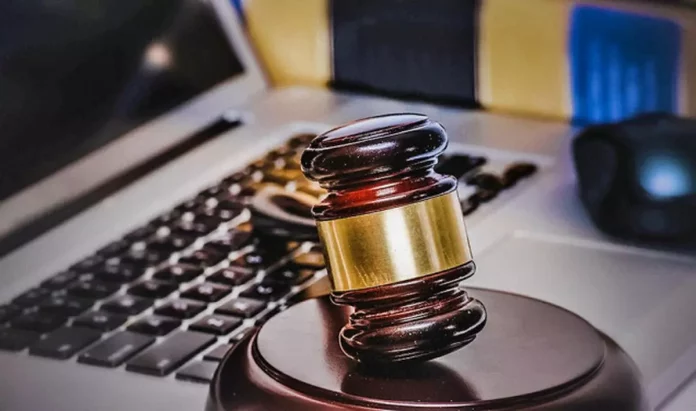Starting a new business venture is an exhilarating experience, but it also comes with its fair share of challenges. Navigating the legal landscape is one such challenge that entrepreneurs and startups must face. Understanding the latest laws and regulations can protect your business, minimize risks, and set a solid foundation for success. Let’s explore some key legal considerations and tips of law firms for budding entrepreneurs.
Business Structure and Entity Formation:
Choosing the right business structure is a critical decision that affects your personal liability, taxes, and governance. Common options include sole proprietorship, partnership, limited liability company (LLC), and corporation. Top lawyers advise considering the specific nature of your business, potential growth, and the need for protection against personal liability.
Tip: Consult with a lawyer to determine the most suitable legal structure for your business and to properly file the necessary paperwork to establish your entity.
Intellectual Property Protection:
Intellectual property (IP) can be a valuable asset for startups. It includes trademarks, copyrights, patents, and trade secrets. Protecting your IP rights is essential to safeguard your brand, inventions, and creative works from infringement.
Tip: Work with an experienced IP attorney to conduct a comprehensive search and register your trademarks and copyrights. For patents, consider filing a provisional application to establish an early priority date.
Contracts and Agreements:
Contracts are the backbone of any business relationship. Having well-drafted agreements with customers, suppliers, partners, and employees is vital to ensure clarity and avoid disputes.
Tip: Seek legal counsel when drafting or reviewing contracts to ensure that they protect your interests, outline clear terms, and comply with relevant laws.
Data Privacy and Security:
With an increasing reliance on technology, data privacy and security are paramount. Entrepreneurs and startups need to comply with data protection laws and implement robust security measures to safeguard sensitive information.
Tip: Conduct regular data privacy assessments, establish data breach response plans, and adhere to the relevant data protection regulations.
Employment Law and HR Compliance:
As your startup grows, so does your workforce. Complying with employment laws, including hiring, termination, and workplace safety, is crucial to avoid legal disputes and penalties.
Tip: Consider establishing clear HR policies and procedures, and consult an employment lawyer to ensure compliance with labor laws.
Funding and Securities Regulations:
Raising capital is often essential for startups. However, soliciting investments can involve complex securities regulations that must be followed to avoid legal issues.
Tip: Engage a securities attorney to navigate the fundraising process, including compliance with securities laws and regulations.
Taxation and Accounting:
Understanding your tax obligations and optimizing tax strategies can help you save money and stay compliant.
Tip: Work with a qualified accountant or tax advisor to develop a tax plan tailored to your startup’s financial situation and goals.
Cybersecurity and Data Breach Notifications
In the digital age, data breaches and cyber-attacks pose significant threats to businesses. Entrepreneurs should be aware of data breach notification laws and take steps to protect customer data. With years of experience, every Law firm suggests to develop robust cybersecurity measures, have a data breach response plan in place, and comply with data breach notification requirements if a breach occurs.
Licensing and Permits for Specific Industries
Certain industries, such as healthcare, finance, food services, and alcohol, require specific licenses and permits to operate legally.
Tip: Research industry-specific regulations and obtain the necessary licenses and permits before launching your startup.
Environmental Regulations:
Certain industries, such as manufacturing and energy, have specific environmental regulations to protect natural resources and prevent pollution. Entrepreneurs should be aware of these laws and take steps to comply with environmental standards.
Tip: Conduct environmental impact assessments and implement eco-friendly practices to adhere to environmental regulations.
Workplace Safety and Health Regulations:
Entrepreneurs must prioritize workplace safety and comply with occupational health and safety regulations to protect employees from accidents and hazards in the workplace.
Tip: Implement safety protocols, provide proper training, and conduct regular safety inspections to maintain a safe working environment.
Advocate Deepak Gaur suggests that while embarking on your entrepreneurial journey is exciting, it’s crucial to remain aware of the latest legal requirements and regulations. Partnering with top lawyers and legal professionals can provide valuable insights and guidance, helping you navigate the legal complexities and set your startup on a path to success.
Remember, laws can change over time, so staying informed and seeking expert advice is essential to keep your startup legally protected and thriving.
🔥136










